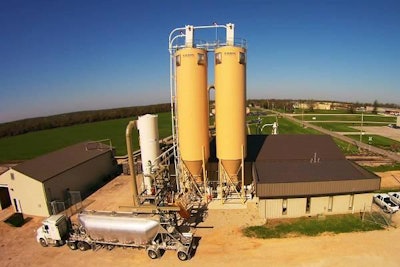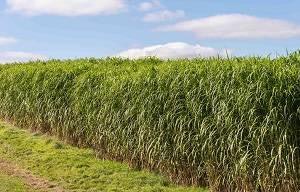
Renew Biomass, a newly formed investor-owned company based in Springfield, Missouri, USA, has purchased MFA Oil Biomass assets effective April 15, 2015.
MFA Oil Biomass was formed in 2010 between MFA Oil and Aloterra Energy. The joint venture created a vertically integrated, renewable supply chain combining the knowledge of energy markets with the farming knowledge of MFA Oil members. The renewable crop chosen was Miscanthus giganteus, a perennial grass known for its hardiness.
Renew Biomass produces all-natural, high-fiber Miscanthus grass suited for the pet food market. Miscanthus grass has been tested and approved as an excellent replacement for fiber sources in pet foods. Miscanthus offers an alternative replacement for fiber sources such as cellulose, tomato pomace and others typically used in pet food. Based on recent nutritional data, Renew Biomass’ product is 83.5% dietary fiber.

Miscanthus grass has been tested and approved as an excellent replacement for fiber sources in pet foods.
In November 2014, MFA Oil successfully purchased Aloterra’s interest in MFA Oil Biomass, and has now sold all of the company’s assets to Renew Biomass.
“We are eager to move forward with Miscanthus production in the Midwest and are exploring new market potential that will add a lot of value to the biomass industry,” said Cal Boender, Renew Biomass president.
Renew Biomass will continue to work with local farmers to grow and harvest Miscanthus, processing the crop at their nearby conversion facility in Aurora, Missouri, USA. The Miscanthus project areas will be located in mid-Missouri, southwest Missouri and northeast Arkansas.
Currently, the state-of-the-art manufacturing facility is capable of processing 9 tons per hour. “While we are capable of high-volume production, quality and consistency is key. Our proprietary processes and systematic screening allow us to produce a product with an incredible amount of consistency,” said Dustin Dover, Renew Biomass chief operating officer.
















